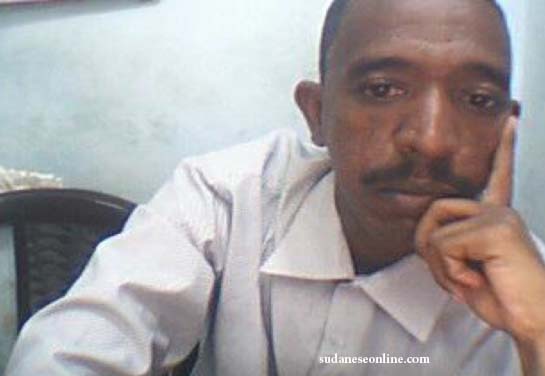| 09-19-2014, 02:41 PM |
Abdul-Aziz Ali Omer
 Abdul-Aziz Ali Omer Abdul-Aziz Ali Omer
Registered: 01-13-2014
Total Posts: 85
|
|
 A journey to Sarajevo By: Abdul-Aziz Ali Omer A journey to Sarajevo By: Abdul-Aziz Ali Omer
|
Dr. Abdel wahab El effendi is a senior lecturer in the Center of the Study of Democracy in London. His concern is the issues of contemporary thought rather than disputes or factionalism .It was during his visit to the National Library of Serbia that he delivered a lecture about promotion of Democracy an anti-terrorism strategy. He served as a diplomat, pilot and a magazine editor. He is the author of two books on Sudan: TurabiвҖҷs Revolution: Islam and power in Sudan as a well as: For a state of peace: conflict and the Future of Democracy in Sudan. Last week, in his series of European travels, he passed by the City of Sarajevo, the Capital of the Republic of Bosnia. He described it in an Arabic article to the Sudanese media as a fascinating city located in the middle of soaring hills that enfold in their embrace a stunning and unique mixture of an Austrian and Ottoman architecture style. Sightseeing of Sarajevo was organized with the help of Professor Munir Moitch as he introduced himself. Dr. Abdel wahab El effendi was kindly given an evocative tour that began at the clandestine Tunnel of Sarajevo that was dug under the AirportвҖҷs runway. He enjoyed the view of the tunnel of hope and the documentary film that highlighted the significant role played by the tunnel in the relief of 4-year siege on Sarajevo. The retained memories of genocide imposed their selves in the range of vision represented first, in the war graves cemetery of Bosnian war. Then, in the Museum of Ali Ezzat Bigovitch who ushered into independence of Bosnia and protected his country from extinction under the offensives of Serbians and Croatians.
Dr. Abdel wahab El effendi spent some time visiting the opposite side of Sarajevo that is Belgrade, the capital of Serbia a city with a separate enchantment and history. In Belgrade, he couldnвҖҷt recognize what prompted the attacks of Serbia on the Bosnia and Herzegovina because his Serbian hosts were moderate and opponent to that aggression. They pressed on him to visit a huge Cathedral under construction and renovation and in it he felt the combination of political, social and religious fervor that forms the core of Serbian identity. Dr. Abdel wahab El effendi stopped shortly at the point where the Crown Prince of Austria was assassinated by Berenzaib, the radical Serbian activist. His foot prints were carved in the spot where he fired the bullet that ignited the spark of the First World War. Dr. Abdel wahab El affendi depicted the incident as an event that reformulated the world politically, socially and economically. He departed Bosnia after it marked quietly Berenzaib anniversary, its national hero of emancipation.
|
|
   
|

|

|

|
|
|